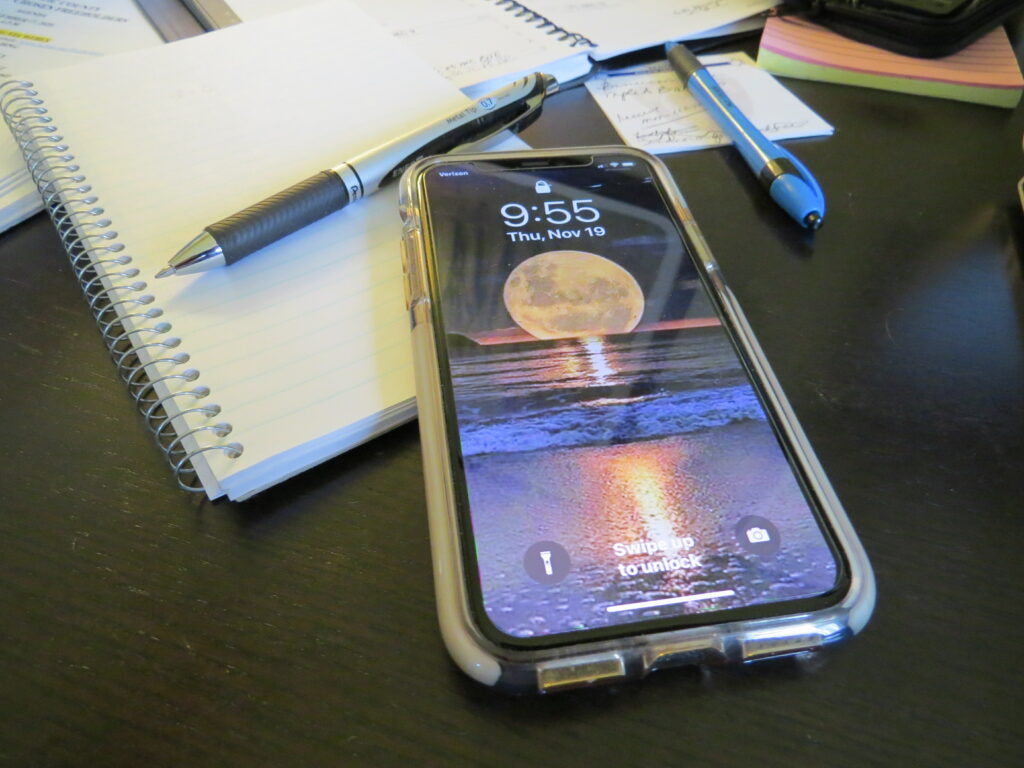 TRENTON Attorney General Gurbir S. Grewal announced Wednesday in a release that New Jersey will receive more than $3 million as part of a $113 multistate settlement with Apple, Inc., that resolves a multi-state investigation into allegations that Apple misrepresented and concealed from consumers information about performance problems with millions of iPhones.
TRENTON Attorney General Gurbir S. Grewal announced Wednesday in a release that New Jersey will receive more than $3 million as part of a $113 multistate settlement with Apple, Inc., that resolves a multi-state investigation into allegations that Apple misrepresented and concealed from consumers information about performance problems with millions of iPhones.
The investigation focused on whether Apple misrepresented and concealed information about unexpected power-offs, battery health and performance issues, and software upgrades that intentionally slowed down or throttled devices in the iPhone 6, 7 and SE series, which resulted in consumers purchasing newer model iPhones from Apple.
In New Jersey, nearly 3.5 million iPhones were affected by the battery performance issues and undisclosed throttling.
Apple's treatment of iPhone consumers was rotten, Grewal said. Not only did Apple try to conceal the iPhone's shortcomings, but the company's supposed fix for those defects created new problems that led consumers to shell out money for new iPhones. Today's settlement should send a clear message that we will never tolerate such abuse of New Jersey consumers.
Division of Consumer Affairs Director Paul R. Rodríguez said the settlement resolves deeply concerning corporate conduct.
First, we allege that Apple failed to disclose a product defect. Then, that it provided consumers what they claimed was a software fix' that actually limited the performance of their phones. Finally, that they delayed informing consumers until well after many had already purchased new phones to replace ones they believed must be obsolete. This settlement is not just about getting Apple to pay for its alleged duplicity, but just as importantly requires the company to abide by a variety of terms designed to ensure greater transparency moving forward, he said.
The payment can be used at the sole discretion of the Attorney General, for reimbursement of attorney fees and the cost of the investigation, or for consumer protection enforcement or any other lawful purpose, the agreement states.
In addition to the monetary payment, the settlement contains a variety of injunctive terms designed to prevent similar occurrences in the future.
Those terms require that Apple will:
The state's investigation found that, by at least October 2016, Apple was aware that its customers were experiencing UPOs as a result of aging iPhone batteries that could no longer deliver sufficient power to the devices at certain times, particularly during high-performance tasks.
Apple did not disclose the UPO issues, however, nor did it allow consumers to replace their iPhone batteries - even at full, out-of-warranty cost - unless the batteries failed Apple's own diagnostic tests, which did not account for the very issue that was causing the UPOs.
Instead, Apple implemented the iOS software update that caused throttling.
The update essentially prevented the iPhones from ever reaching performance levels that would require too much power from their batteries.
Throughout 2017, Apple continued to sell tens of millions of iPhones in the U.S. with known throttling issues, but never advised consumers. Eventually, consumers discovered the problem for themselves and, amidst public outcry, Apple apologized for the situation in December 2017.
Apple briefly reduced the price on out-of-warranty replacement batteries for affected iPhones and also released a new iOS update in March 2018. The new update allowed consumers, for the first time, to disable the throttling mechanism, and to have more visibility into the health of their iPhone's battery. Under the settlement announced today, Apple admits to no violations of the law.
In addition to the settlement with 34 states announced today, Apple also recently entered into a proposed settlement of class action litigation related to the same conduct. Under that proposed settlement, Apple will pay out up to $500 million in consumer restitution.
Deputy Attorney General Monisha A. Kumar of the Consumer Fraud Prosecution Section in the Division of Law's Affirmative Civil Enforcement Practice Group handled the matter on behalf of the State.
https://www.nj.gov/oag/newsreleases20/Apple-NJ-complaint.pdf
https://www.nj.gov/oag/newsreleases20/Apple-NJ-Consent-Judgment.pdf